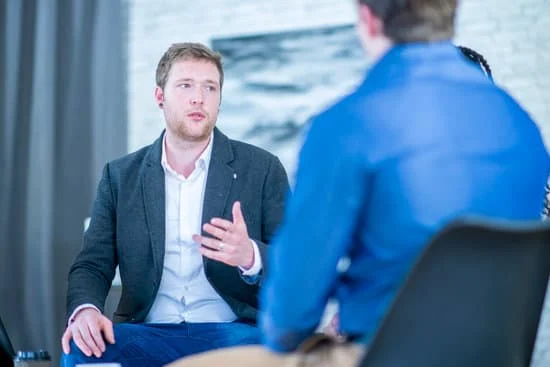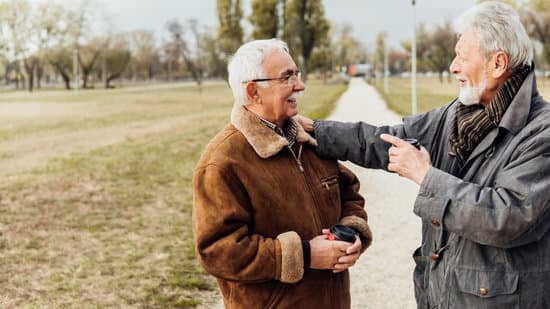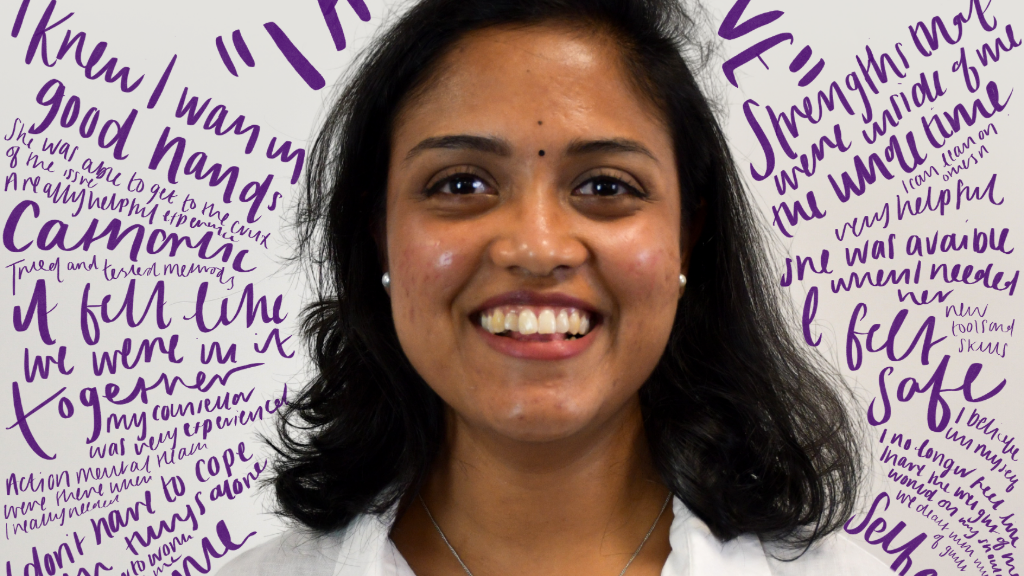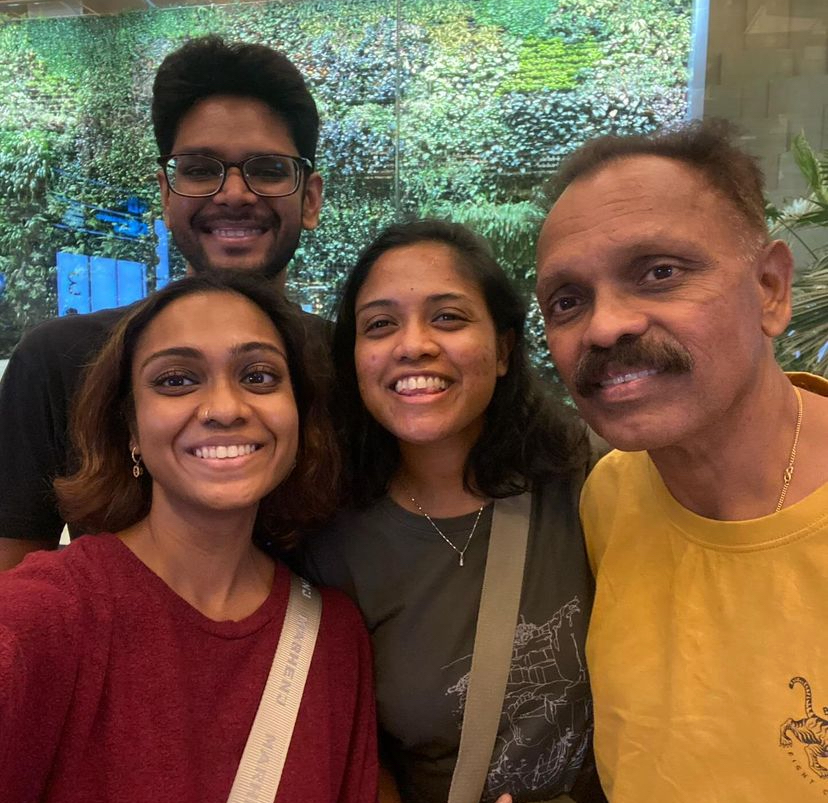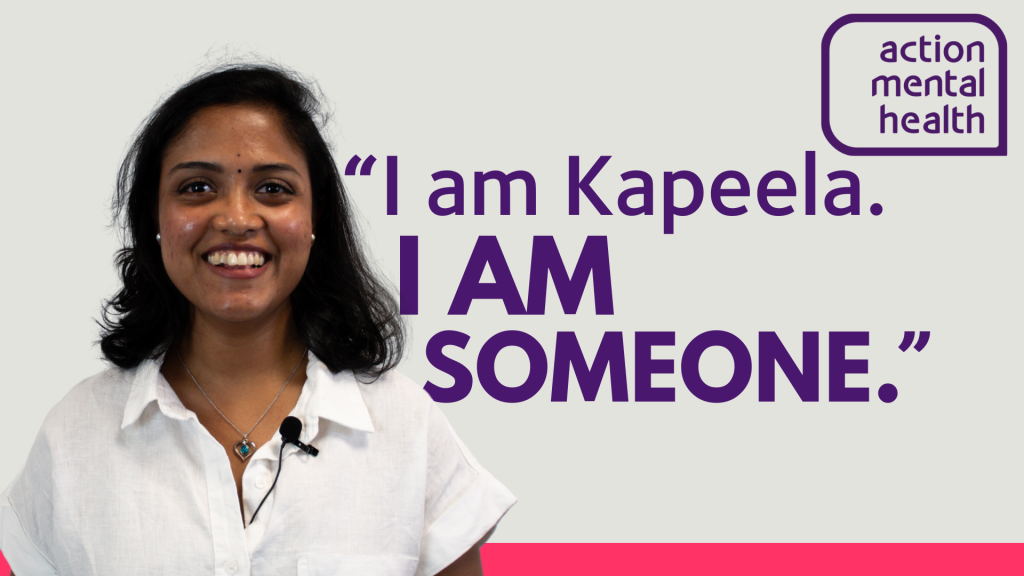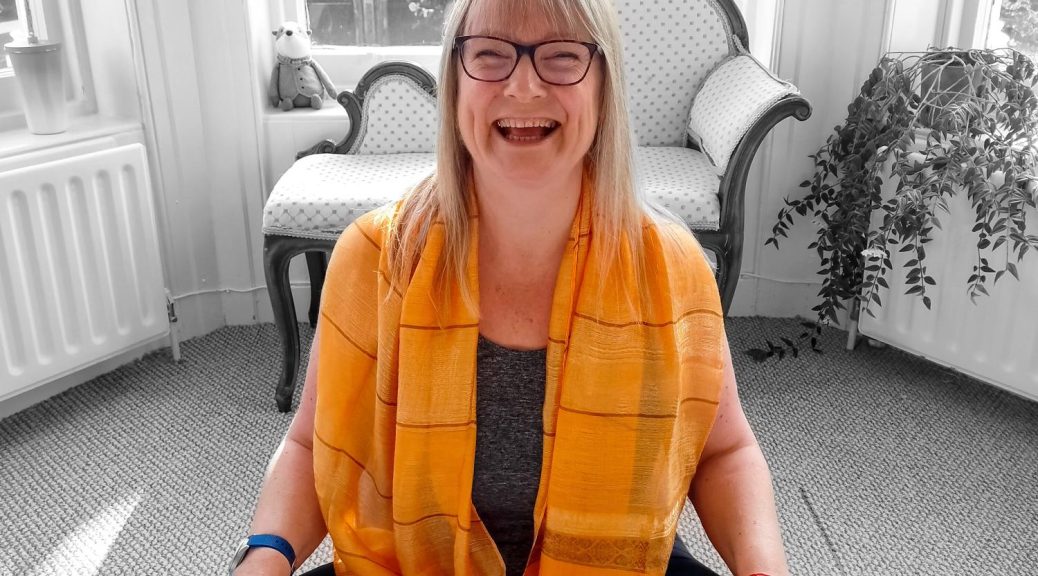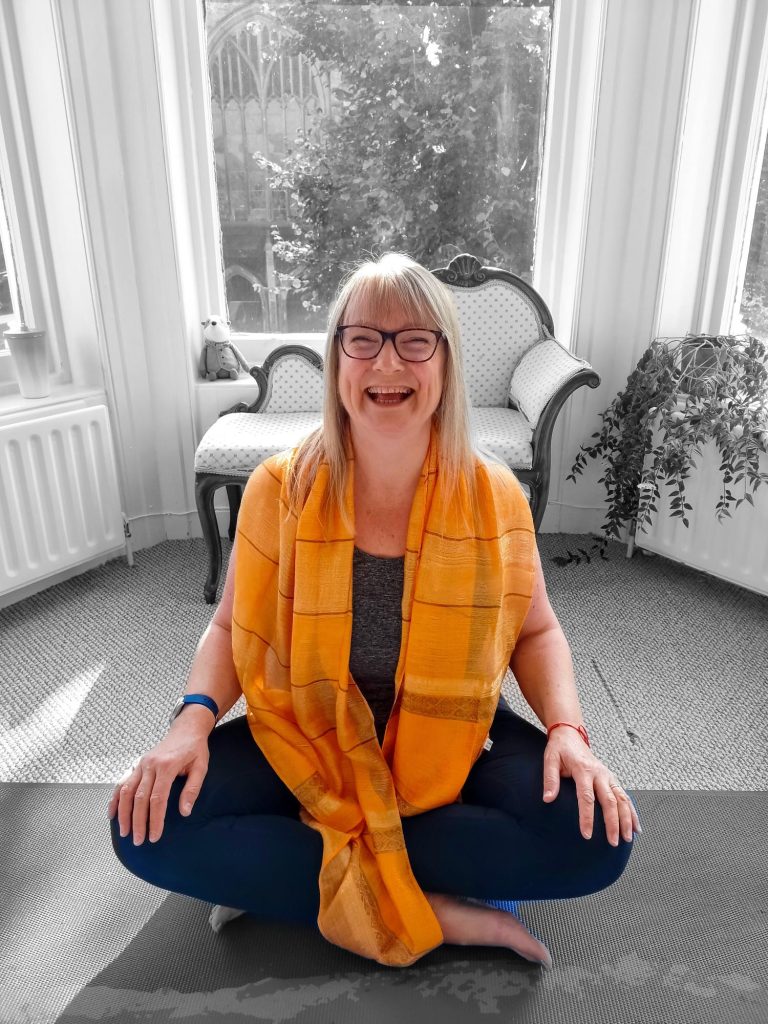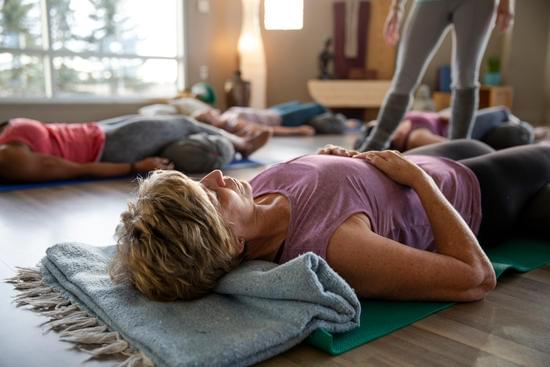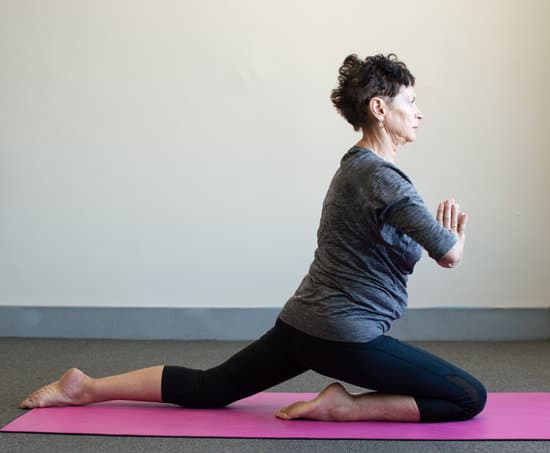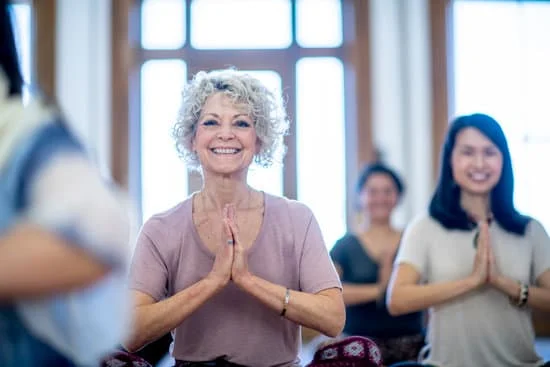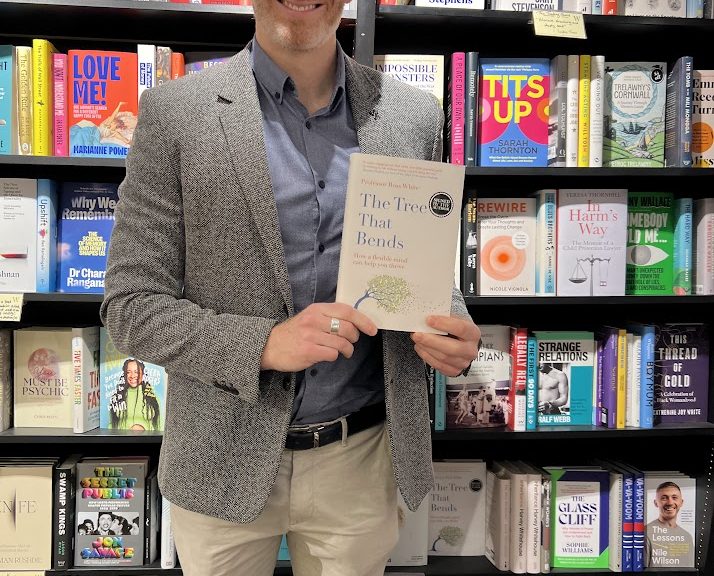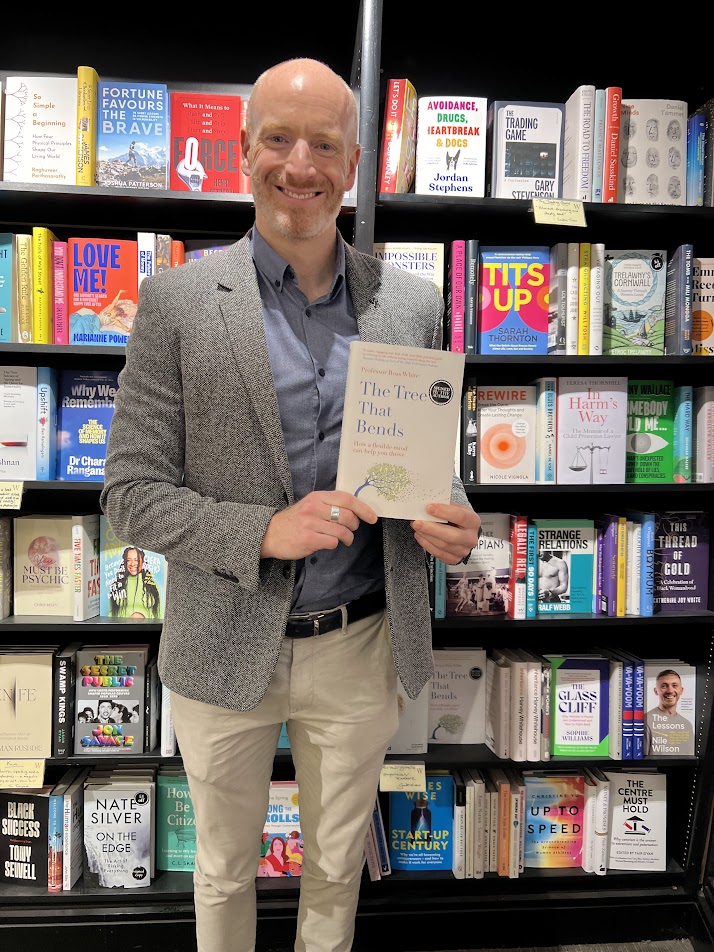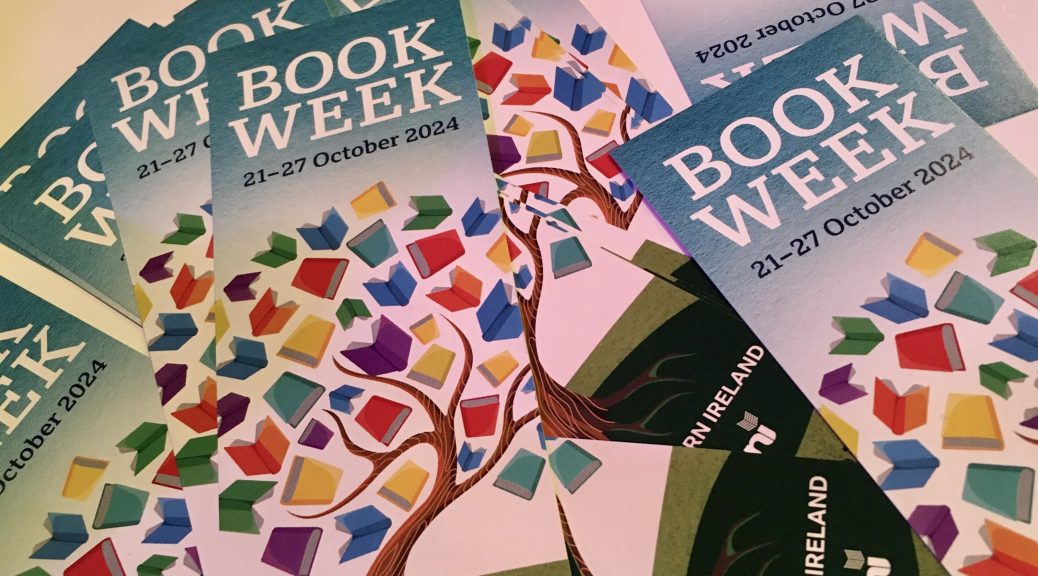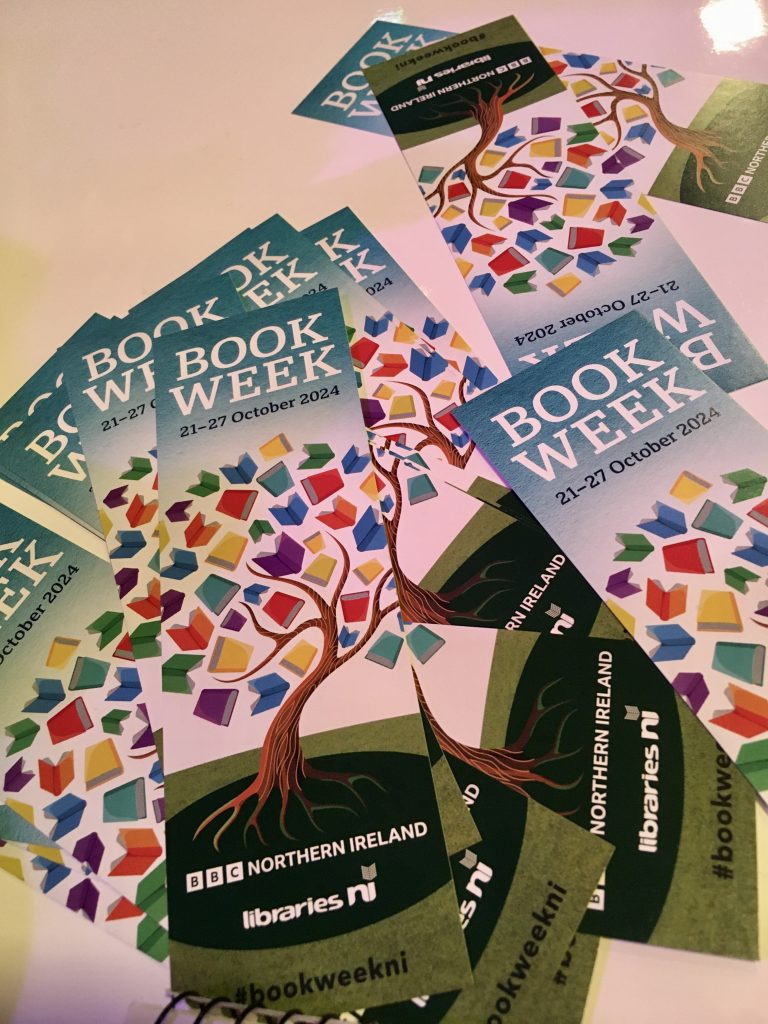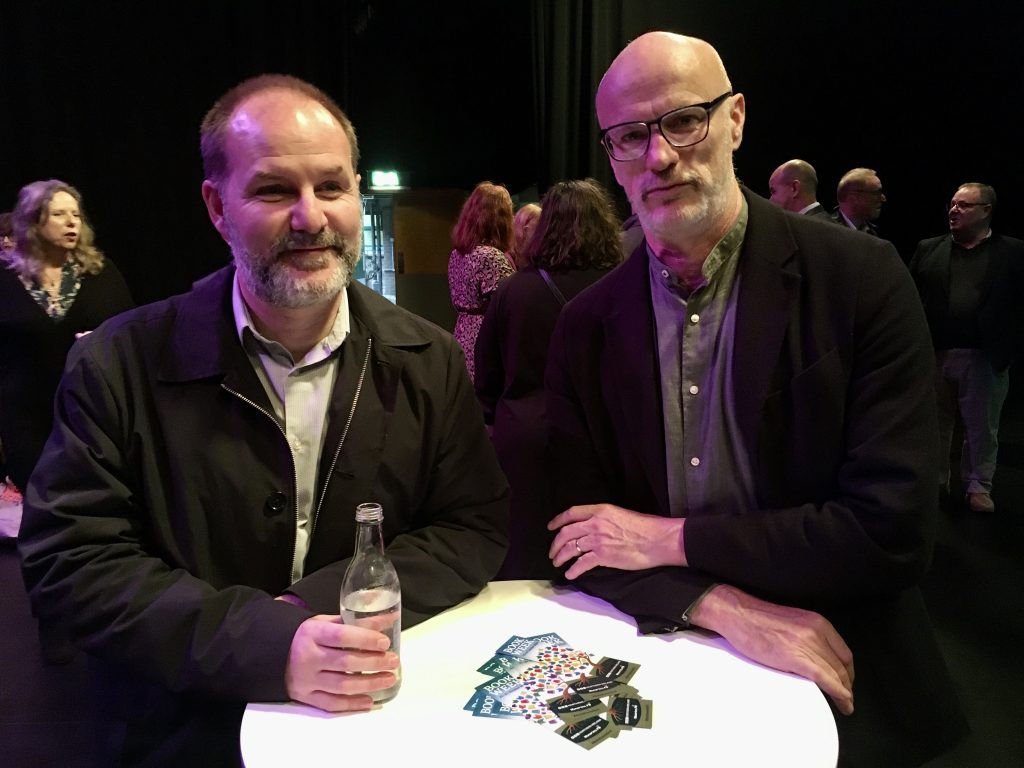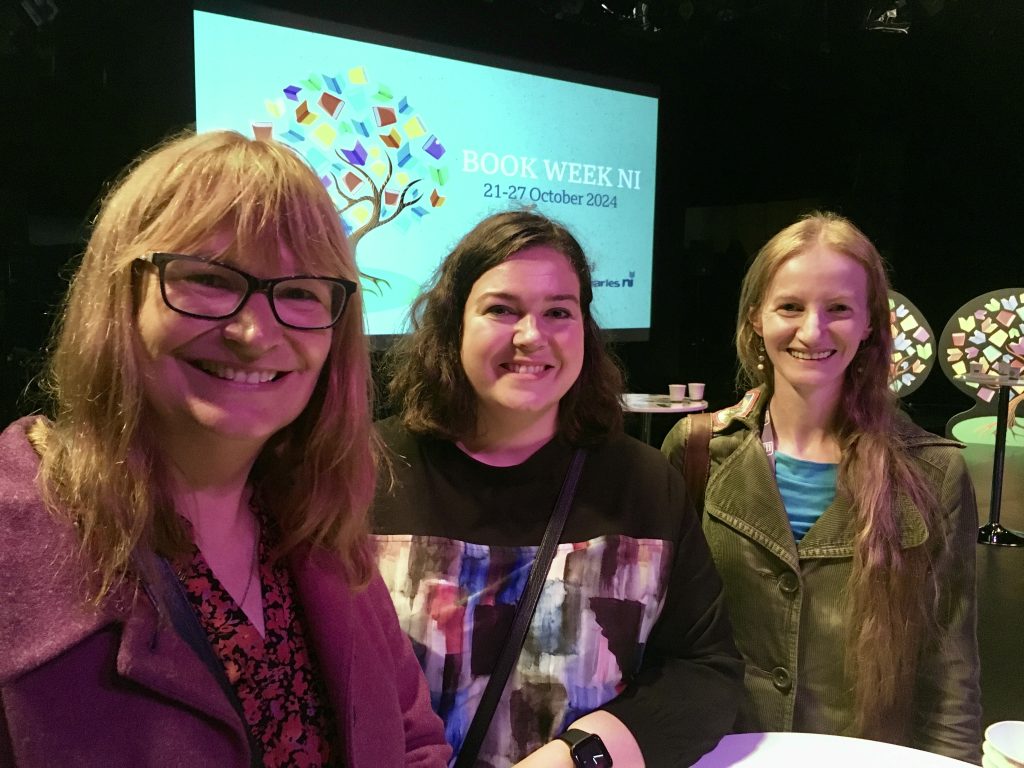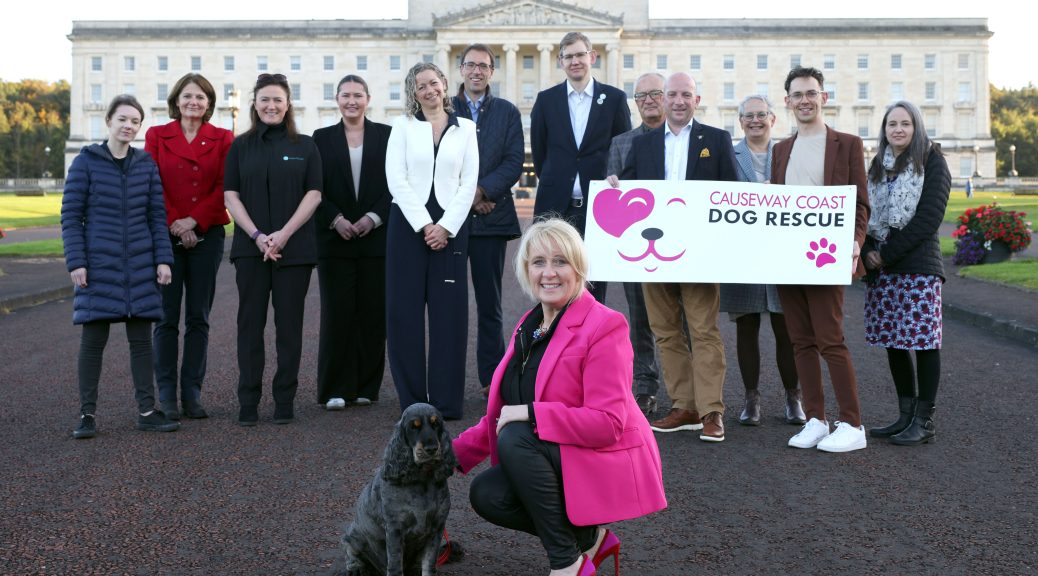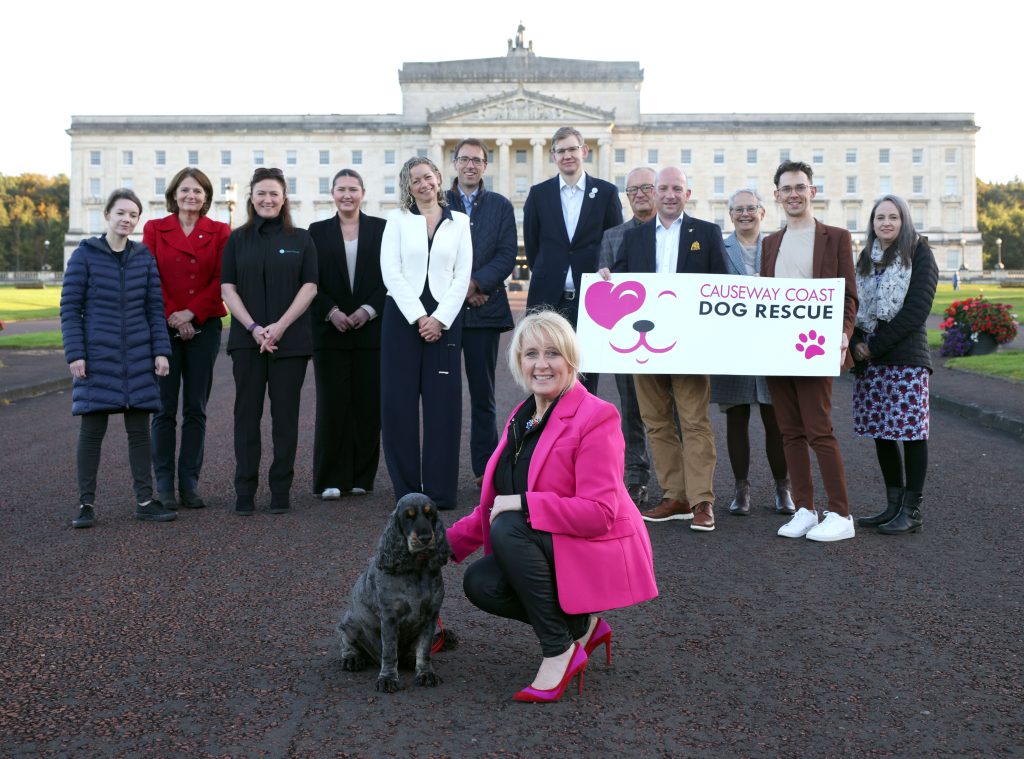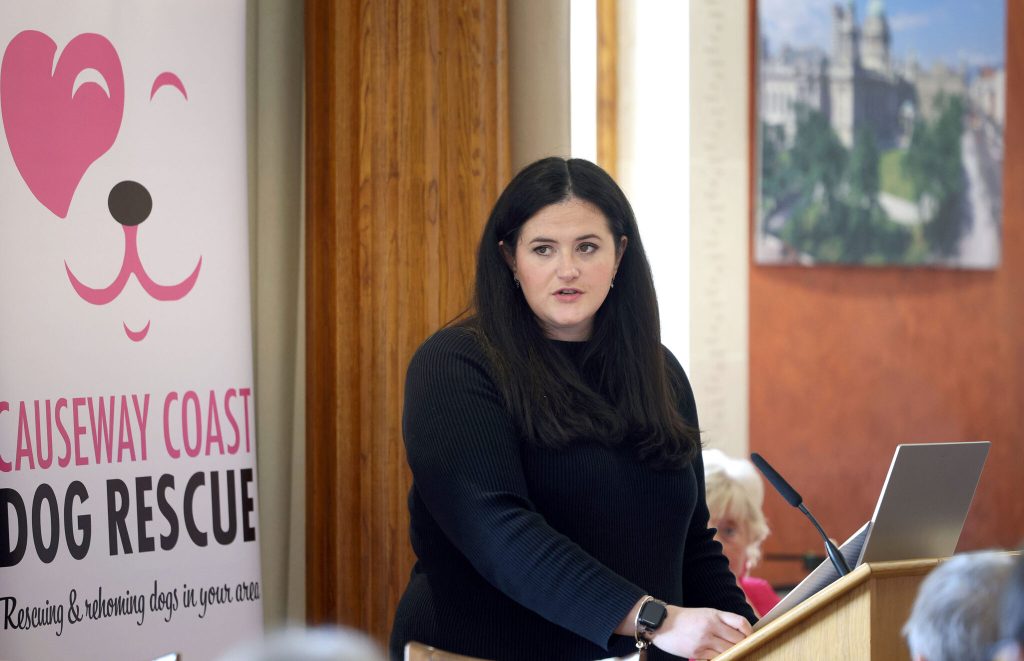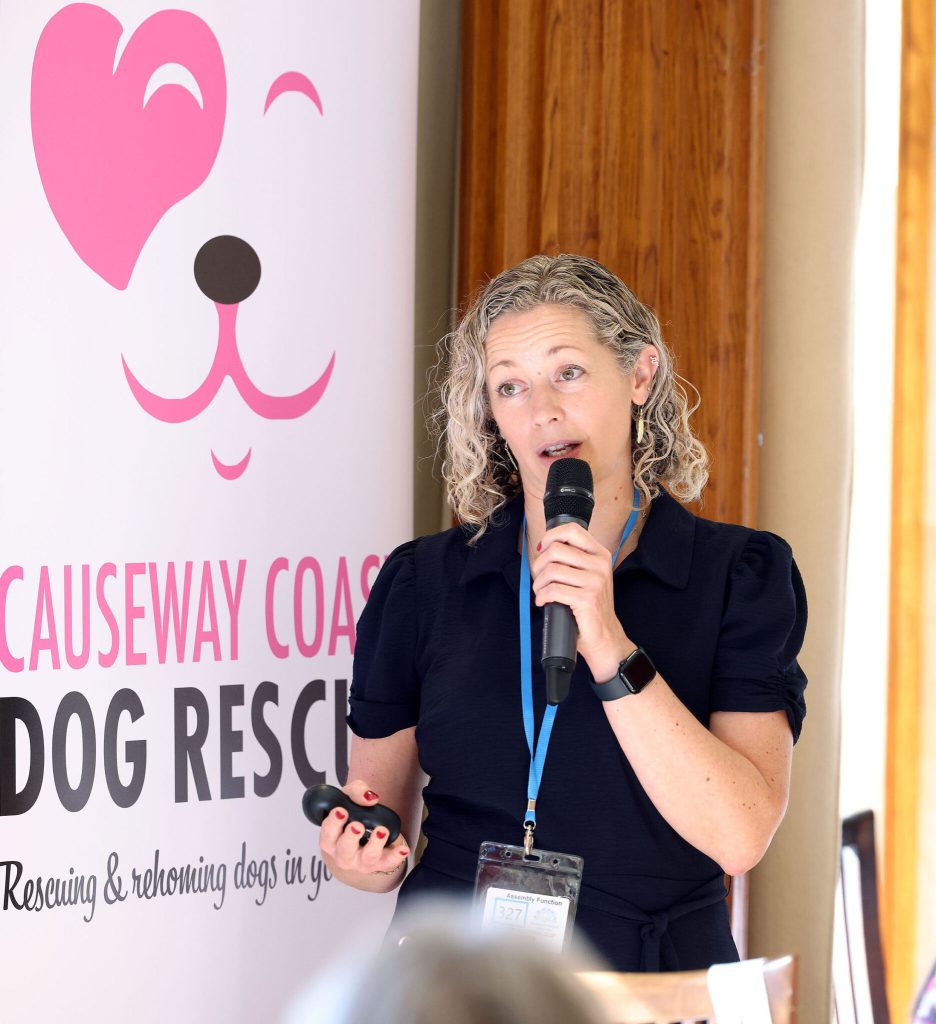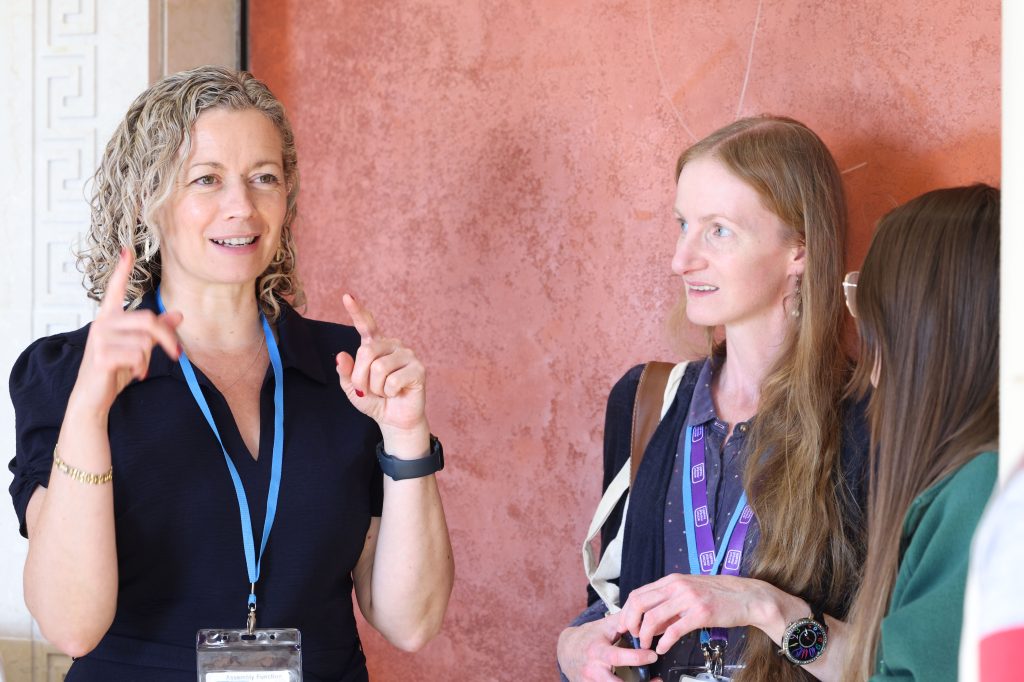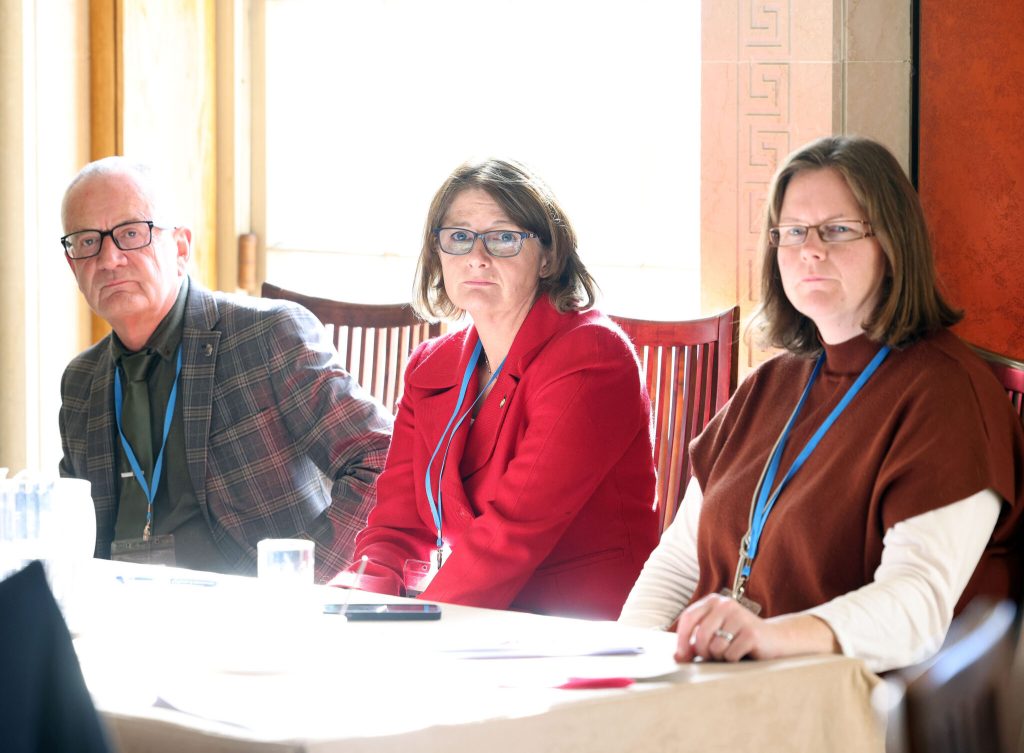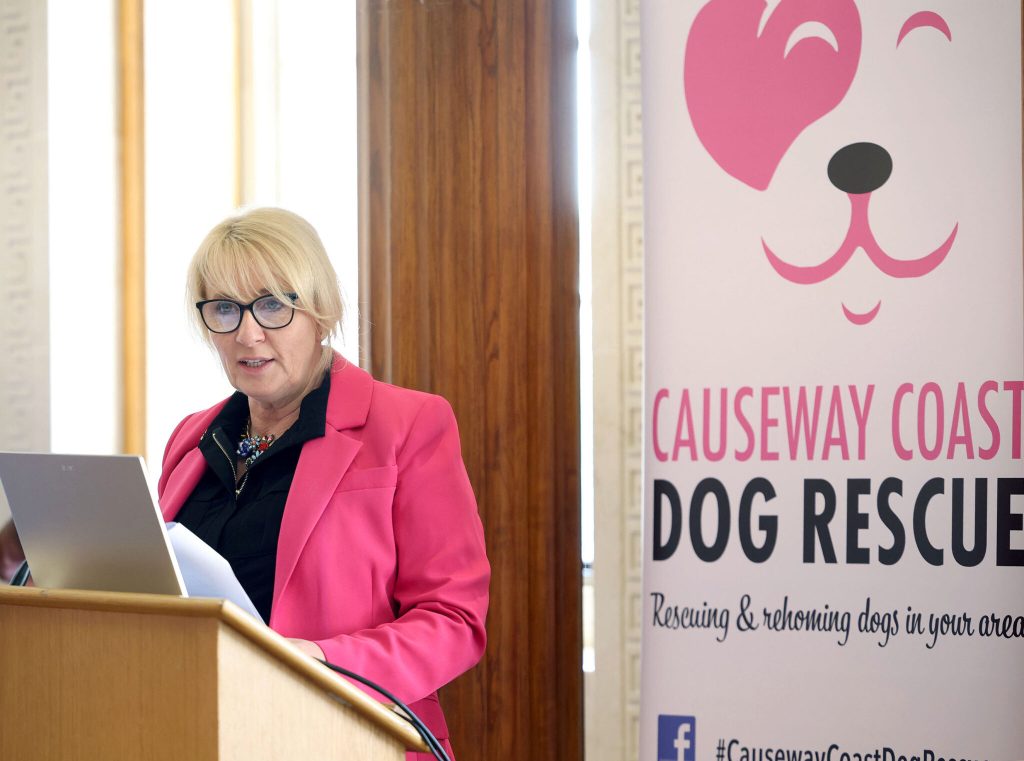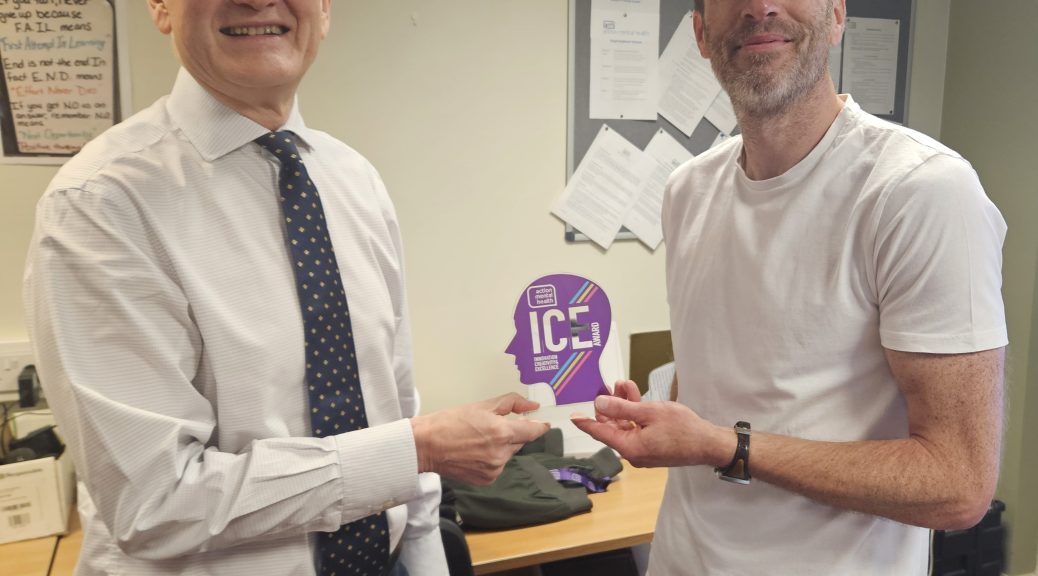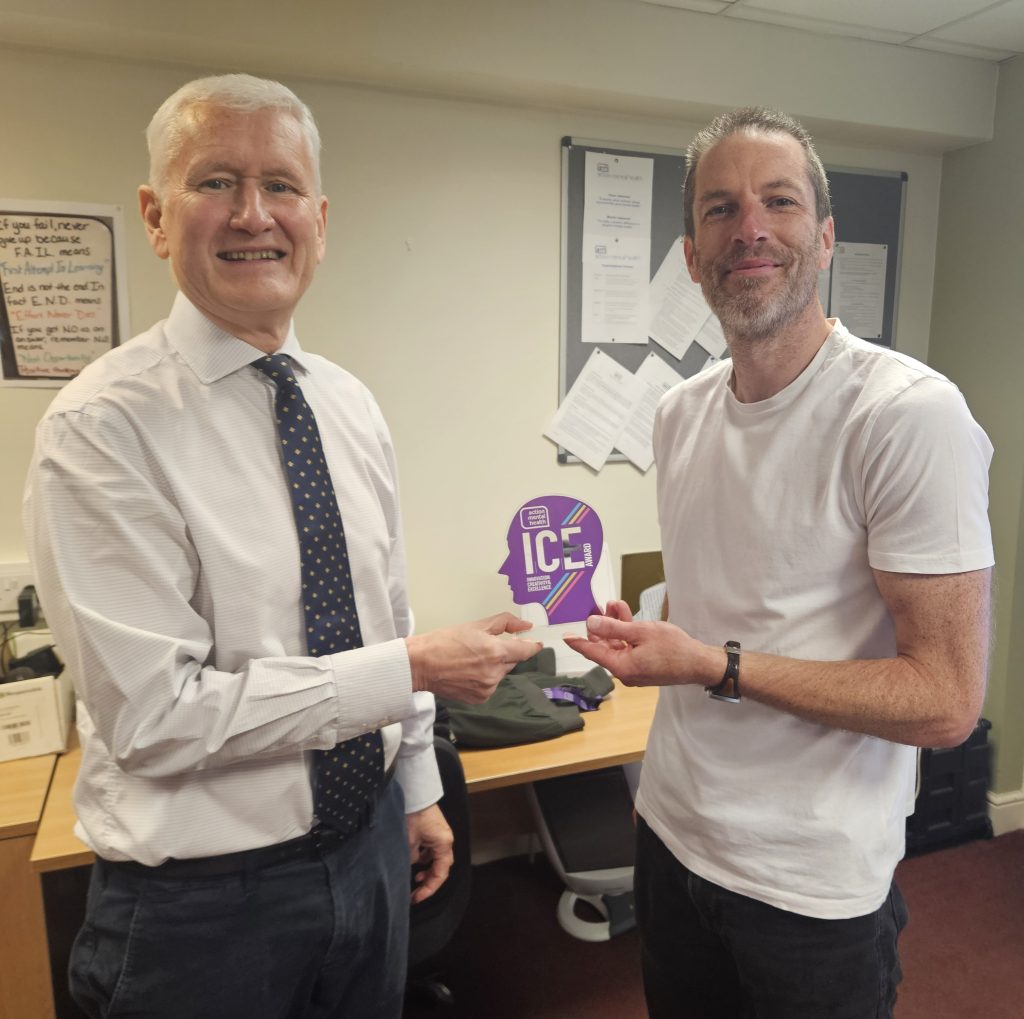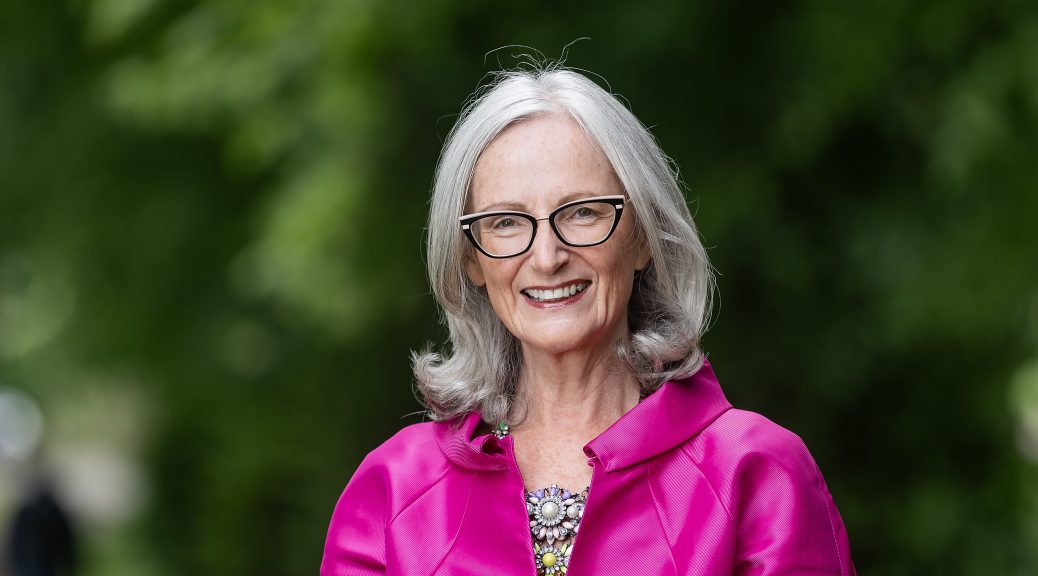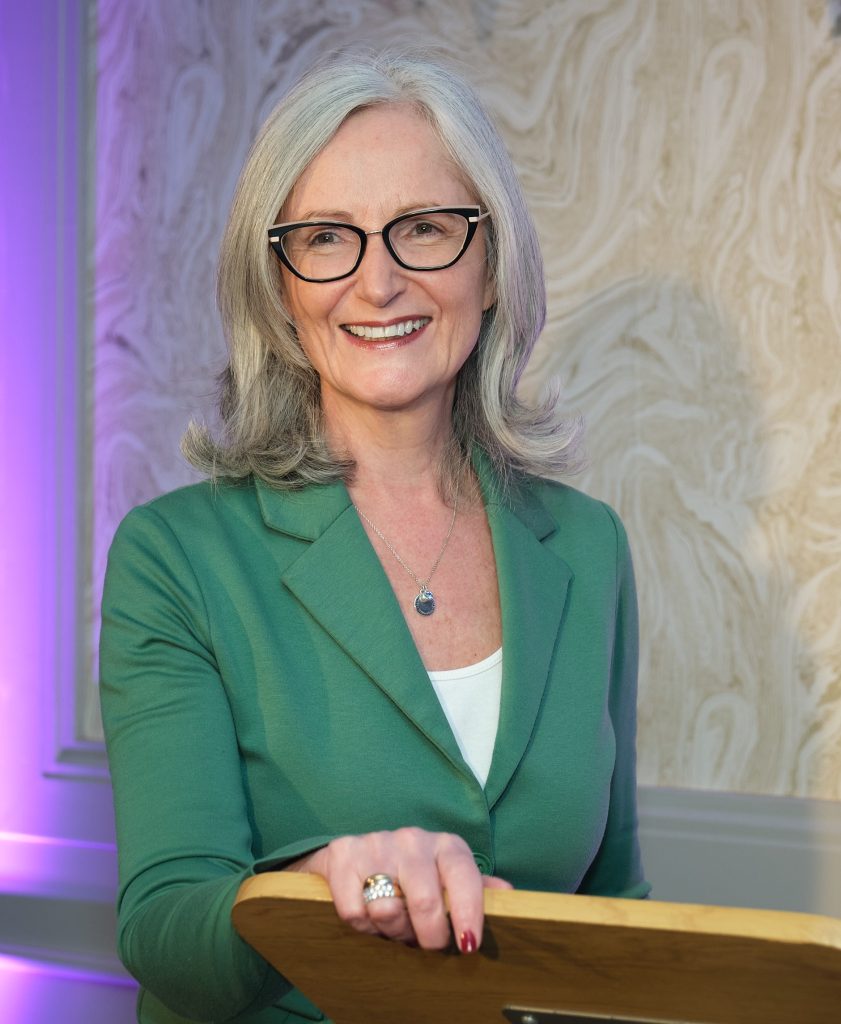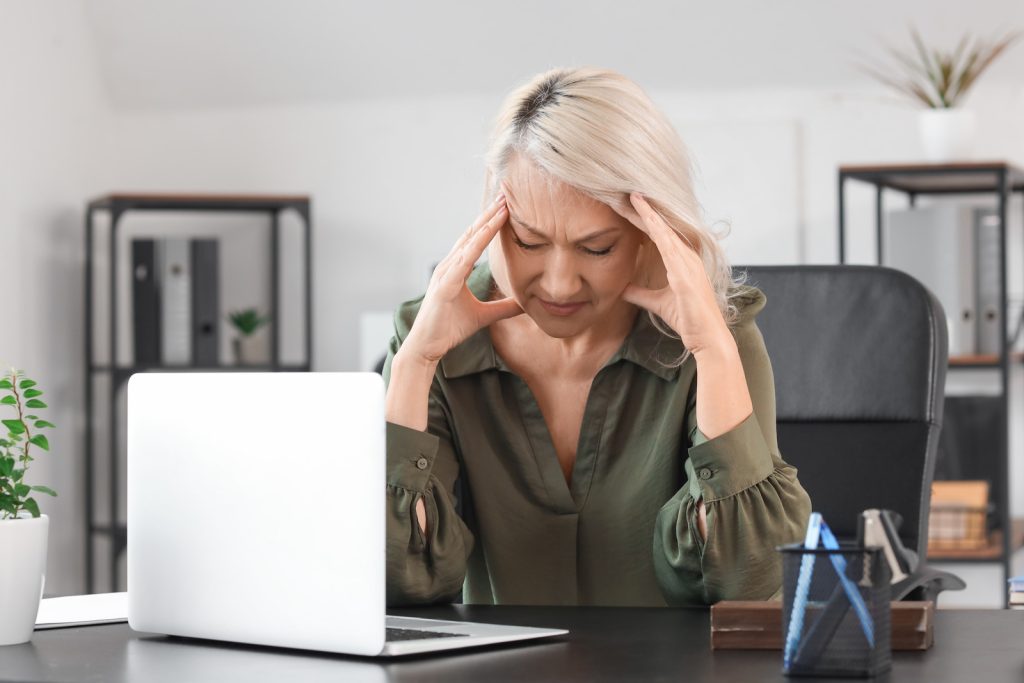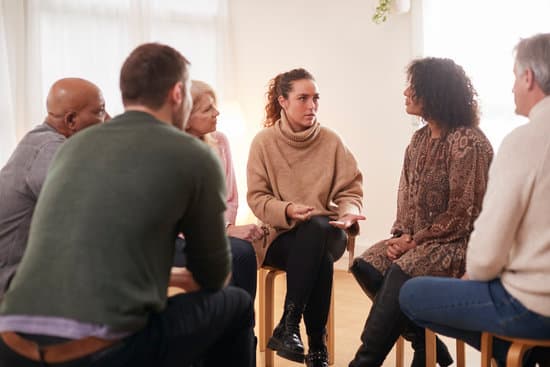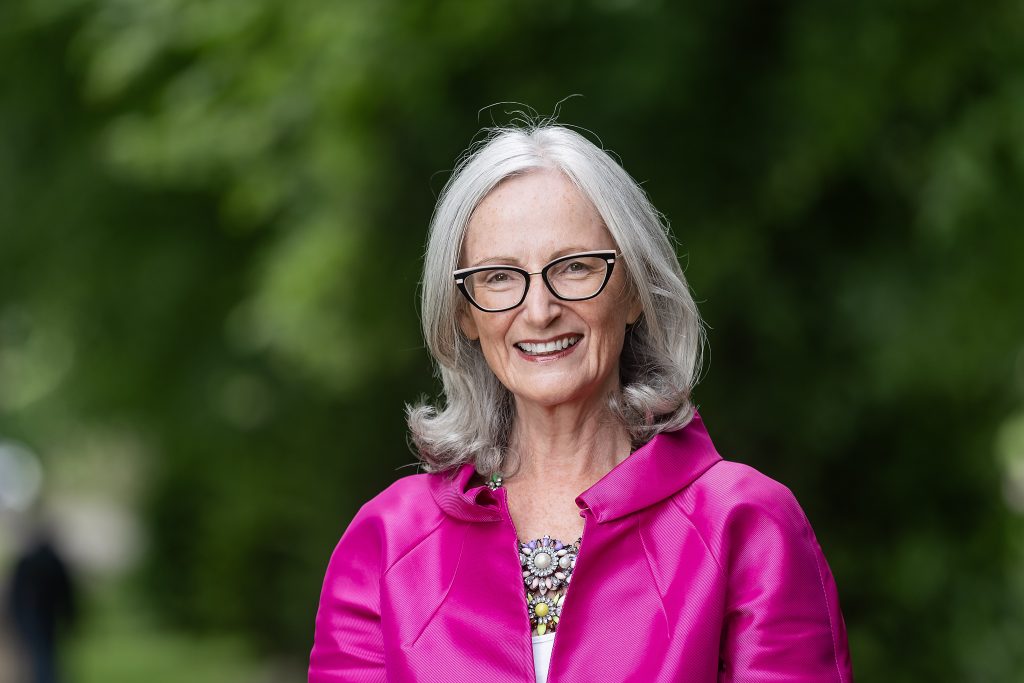While our mental health matters all-year round, dedicated awareness days, weeks and months are great for shining a spotlight on particular issues and helping to raise awareness of these. They help to get people talking about subjects previously often deemed taboo and act as signposts to vital services which can support those who are struggling.
November is one such month, with both International Stress Awareness Week, Stress Awareness Day and Men’s Mental Health Awareness Month all taking place.
According to the Office for Statistics Regulation, a review of mental health statistics in Northern Ireland shows that: “The legacy of violence and socio-economic factors are frequently cited as key contributors to poor mental health.” [1] With Northern Ireland subsequently having some of the highest rates of mental ill-health in the UK, supporting men in this area is crucial, particularly when they’re often less likely to seek help in relation to their mental health.
Research shows that in 2022, 156 men took their own lives in Northern Ireland [3] – each of these a person with friends and family who subsequently suffered a devastating loss. There are many reasons why someone may suffer from poor mental health, but opening up conversations around this is key to helping reduce the stigma around this and to encourage men to seek support.
As part of Men’s Mental Health Awareness Month, it’s important to remember that both men and women experience a wide range of mental health issues. However, due to societal habits and traditions, men often don’t talk about how they feel, or seek out help when they need it.
What men think about their mental health
Research from Priory [2], the UK’s leading independent provider of mental healthcare and adult social care, surveyed 1,000 men across the UK to find out more about how they thought about their mental health. They found that 40% of men had never spoken to anyone about their mental health, despite the fact that 77% of those polled said they had experienced symptoms of depression, anxiety and stress.
A further 40% of UK men said they would only be motivated to seek professional mental health support if they had thoughts about taking their own life, or of self-harm. The figures also revealed that the reasons men stated for not discussing their mental health or seeking help were because they felt “too embarrassed” to talk about it (29%) and because of the stigma surrounding mental health issues (20%).
Other reasons included men not wanting to be a burden on anyone else (36%), not wanting to admit that they needed support (17%) and not wanting to appear weak (14%). A further 40% said they had “learnt to deal with it,” while 14% said they had no one to talk to.”
The top causes of poor mental health in the men surveyed were:
- Work (32%)
- Finances (31%)
- Health (23%)
With Men’s Mental Health Awareness Month falling just before Christmas, it’s also significant to note that amongst men aged 35-44, the pressure/cost of the festive season also contributed to their poor mental health.
Signs of poor mental health in men
While men and women experience the same symptoms for mental health conditions, the research shows that some of these are more often found in men – so it’s good to be aware of what they are.
Commonly shared symptoms include things such as feeling constantly overwhelmed and sad, withdrawing from friends and family and experiencing persistent worry. Feeling fatigued, as well as finding it difficult to concentrate and having headaches or being short of breath can also be signs to watch out for.
When it comes to men’s mental health, however, additional factors (which again, can also occur in women but are usually more prevalent in men) often include substance abuse, working obsessively and sleep issues, as well as being angry and more irritable. Men can also be more likely to engage in reckless behaviour when struggling with their mental health.
According to Devine (2024) 1,989 men were treated for problem alcohol or drug use in Northern Ireland in 2022/23, with 67% of these being males. [3]
In addition to this, it was found that “19% of men had low or medium levels of satisfaction with life, while 18% of men had a high score on the GHQ-12 scale, indicating a mental health problem. 14% of these men were aged between 35-44 or 65 years+, with 24% of them aged 45-54.”
Tips if you’re a man struggling with his mental health
There are various things you can do if you’re struggling with your mental health, one of which is speaking with a professional. Talking to anyone – be it a friend, family member, your GP or a mental health charity – is so important. Meanwhile, there are also various coping strategies which you can do on your own alongside this, to help keep support your mental health in the day-to-day.
The Five Ways to Wellbeing are a great place to start and are focused on connecting with people, getting active, taking notice of things around you, learning a new skill and giving.
Here are some ways to help your mental health, if you’re struggling:
- Socialise: Connecting with other people gets us out of our own heads and prevents us from feeling lonely, which is when negative thoughts or bouts of ruminative thinking can often occur. By engaging with other people, be it friends, family or taking a walk and saying hello to a stranger, being social helps us keep things in perspective and reminds us that we’re not alone.
- Be active: Whether it’s going for a run, walk or heading down to the gym, when we move, it helps us feel good, as our brain releases endorphins. So, any movement is good – just get up and go outside as a first step. Once you start moving, the next step becomes easier.
- Reduce your alcohol intake: While socialising with friends is great, cutting down on alcohol will help your mental health, as drinking has depressive effects and, if you’re already feeling low, it will only add to this. It might be hard to say ‘no’ if you’re stressed and it’s become your go-to ‘crutch,’ but try to swap out alcohol for a soft drink or non-alcoholic version – or do something which doesn’t involve drinking at all, if you’re meeting friends.
- Learn some relaxation techniques: If you’re feeling stressed or overwhelmed then simply taking notice of five things around you – things you can touch, see, hear or smell, for example – can ground you and focus your mind in the moment. Focusing on your breathing is another good way to relax – try breathing in for a count of four and then extending your outward breath for longer than this. The longer outward breath will help you to feel more relaxed, calming your parasympathetic nervous system.
If you need someone to talk to …
If you’re struggling with your mental health, then it’s important to speak with someone – and help is out there, should you need it. If you’re in crisis, then talk to your GP, as they can diagnose conditions and outline possible treatment options. You can also contact the organisations below at any time.
- Minding Your Head: Access information about mental health and the issues that can affect it, along with tips on how to maintain good mental health. www.mindingyourhead.info/
- Lifeline: A Free 24-hour crisis response helpline for people who are experiencing distress or despair, where trained counsellors will listen and help immediately on the phone and follow up with other support if necessary. Tel: 0808 808 8000 / www.lifelinehelpline.info
- Samaritans: A registered charity aimed at providing emotional support to anyone in emotional distress, struggling to cope, or at risk of suicide throughout UK and Ireland, often through their telephone helpline or online chat. Freephone: 116 123 / www.samaritans.org/
Find information on local men’s mental health organisations at: https://findhelpni.com/find-help-near-me/Mens-Support
References:
[2] Priory: https://www.priorygroup.com/blog/40-of-men-wont-talk-to-anyone-about-their-mental-health
[3] Devine, P. (2024). Men’s Health in Numbers: Northern Ireland Men’s Health Report Card 2024. Dublin: Men’s Health Forum in Ireland. Available at: https://www.mhfi.org/MensHealthInNumbers3.pdf





